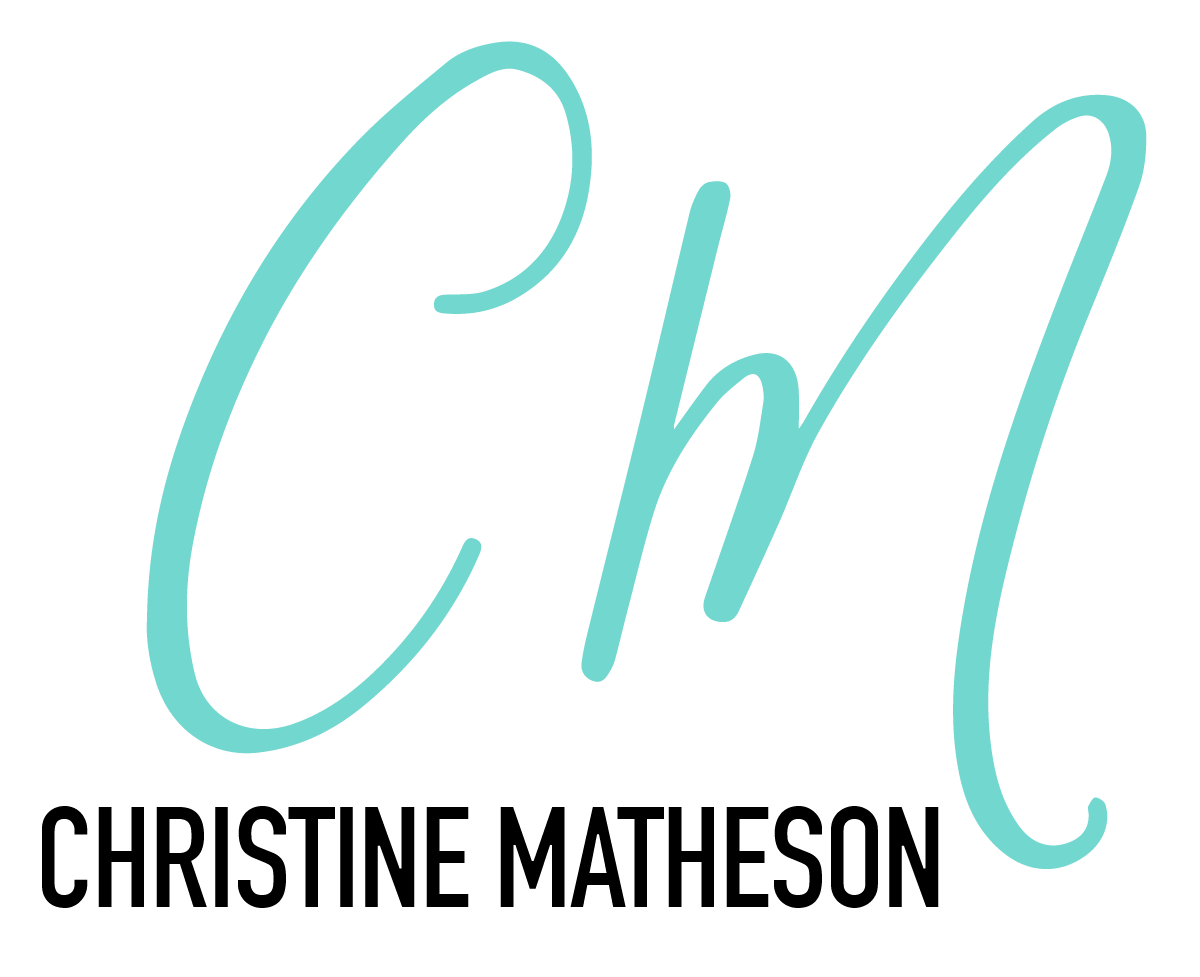STRESS RELIEF STREET SIGN REMINDS US TO HAVE A "FEEL GOOD LANE"
True story.
A few years ago the city of Toronto decided to name all the small laneways in my neighbourhood and assigned them official street signs.
I am fortunate to live on a street that does have a laneway which also happens to back on to a nice park with play structures and is connected to the back door of an amazing east Indian restaurant whose aromas waft deliciously out into the laneway.
I was pleasantly surprised when I looked up to see our laneway was given the name “FEEL GOOD LANE.” This brought a smile to my face and all the children thought this was just dandy.
Now every time that I walk or drive through this laneway I feel this reminder to allow my “feel good” feelings to have permission to take priority.
“If it doesn’t feel good, stop.” - Danielle Laporte
I always imagine the group of citizens who sat down over several meetings to make up the names of these street signs. And how they each probably felt the craziness of our fast paced modern culture that often eclipses our ability to experience truly genuine positive feelings due to anxiety and the need to be earnest. But they dared greatly and chose to fill a street sign with words to uplift and to herald the importance of bringing focus to positive feelings and emotions as if like a little light offering hope in a passerby’s day.
Physiologically our nervous system has two branches. The sympathetic nervous system which controls our ‘fight or flight’ impulses which kick in when we are under stress. And our parasympathetic nervous system that initiates the ‘rest and digest’ process in our body for it to recover and heal. Often many of us of operate with too heavy a strain on our sympathetic nervous system and not enough focus on our parasympathetic system which is allows us to regenerate and “feel good”.
A major focus in my consultations with patients is to unearth what makes them “feel good” as part of our plan to help them manage stress more effectively and make room for the parasympathetic system to have more game time in your life. With that I have noticed 2 observations:
- Many patients can only think of 1-2 answers to the question-what activities do you most enjoy that help you relieve your stress?
- Many patients note that although they deeply enjoy certain activities, they are not creating or having enough time to enjoy them
So my solution is to firstly encourage my patients to have:
- at least a list of 4 activities that they can turn to relieve stress. Different types of stress call for different types of stress relief therefore having a few more choices is a gift to how you care for yourself. And once people really dig deep and explore this, they often realize they have tons of hobbies or creative endeavours they either want to start or reconnect with.
- a schedule to fit these activities in through their calendar almost like an appointment that is a non-negotiable so it is sure to fit in to one’s busy life.
So if you’re needing to increase the “feel good vibes” in your life to protect the health of your body and mind, I encourage you to ask yourself:
- How many stress relieving activities can I turn to in order to “feel good”?
- Am I scheduling them into my life often enough?
If you’re stuck on ideas, I thought I would share a few to help you out.
Stress Relieving 'Feel Good’ Activities List
- get outside in nature
- go for a mindful walk
- exercise in any way
- breath deep belly breaths
- journal your thoughts/emotions
- have a soothing bath
- call a friend and connect with others
- meditate for even just 3 minutes
- take a yoga class or follow a yoga class online
- make yourself a delicious and nutritious meal
- draw, colour, doodle or paint
- do pottery
- have a nap or get to bed early
So in the spirit of supporting you to feel your ultimate vitality, I am asking you to ensure you have a “feel good lane” that you can turn on in your mind any time you need it because I think we all absolutely need one.
Make sure your lane is easy to access and inviting to your unique needs with the wafting aromas that bring you peace or that is like an imaginary park in your mind tempting you to take a ride on a swing.
Please leave a comment and let me know what ideas or inspirations this blog post gave you. I would love to hear about your “feel good lane”.
If you know a friend who could benefit from reading this please share it with them.
Wishing you Well,
Dr. Christine Matheson, ND
Hi, I’m Christine Matheson. I am a licensed naturopathic doctor (since 2001), an Arvigo ® Practitioner and a certified Kundalini yoga instructor. I have a special focus on natural and holistic solutions for women’s digestive, pelvic and fertility health with an emphasis on stress-relieving self-care strategies. My signature service is my Belly Be Well Program which combines individualized naturopathic care with the benefits of Arvigo®Therapy (an external massage technique to align and decongest the abdominal and pelvic organs). I also offer naturopathic care for children. My goal is to help every patient shine in their lives through supporting their most vibrant health.
A [FREE] STARTER VIDEO LESSON AND CHECKLIST-
MY TRIED and TESTED TOP 6 TIPS FOR GETTING YOUR BELLY WELL
FOR A:
- HAPPIER GUT, EASIER PERIODS,
- A CALM PELVIS, CONFIDENCE CONCEIVING,
- POSTNATAL RECOVERY AND/OR A SMOOTHER MENOPAUSE!
& MY NEWSLETTER with MORE HEALTH TIPSand INSIGHTS delivered to YOU!
DISCLAIMER: This blog post is intended for educational and/or informational purposes and should not be used in any other manner. The information provided in this blog post is not meant to substitute individualized medical advice provided to you by Dr. Christine Matheson, ND or another qualified health care provider. Do not utilize the information in this blog to diagnose or treat a health concern without first consulting with a qualified health care practitioner and reviewing your individual medical needs. For instance, when making any changes to your diet, exercise or health regiment it is advised to consult with a qualified health care practitioner first.



